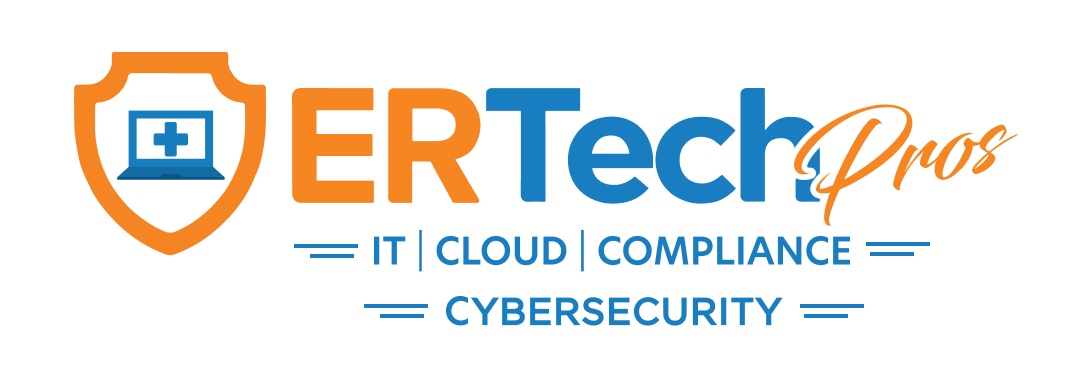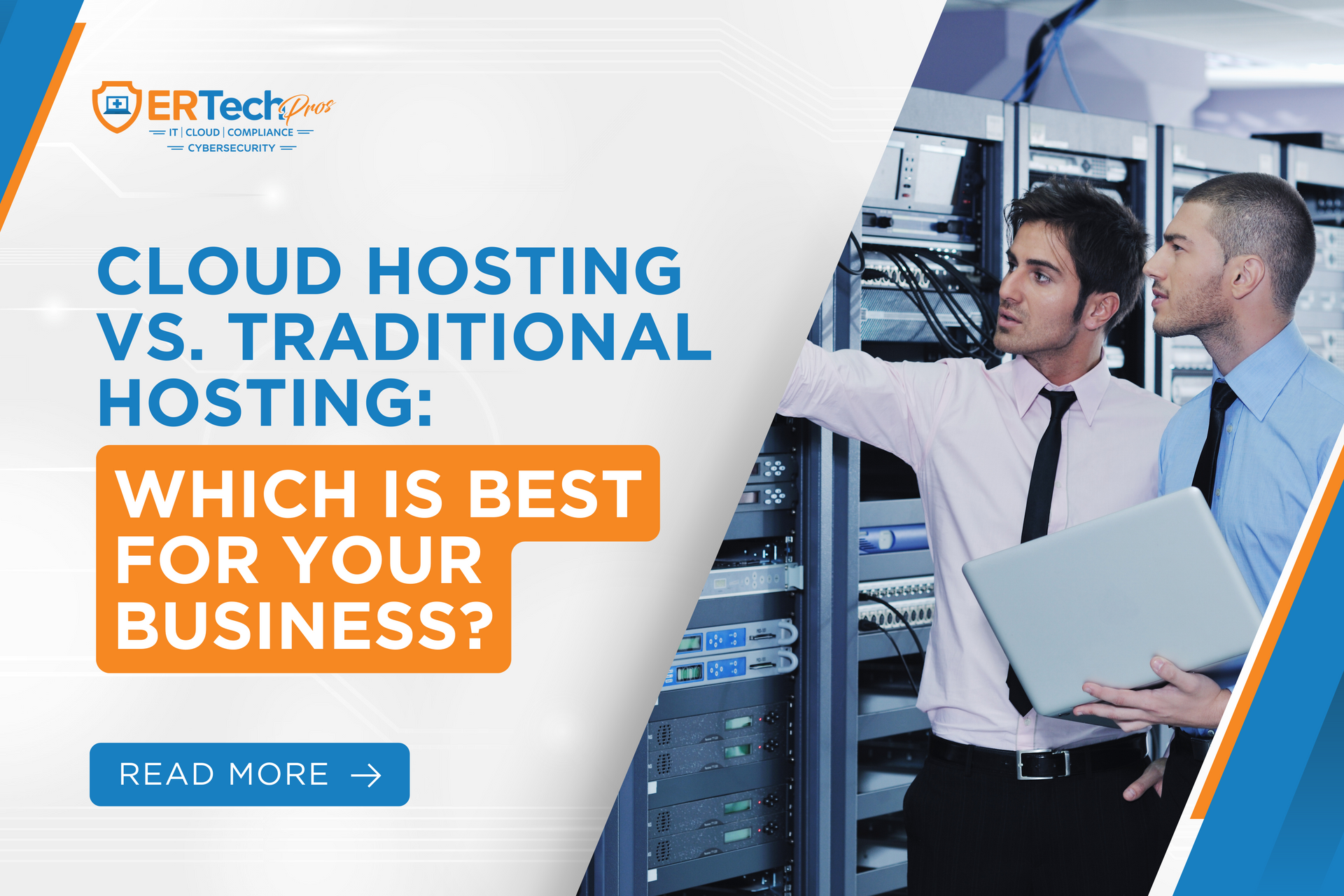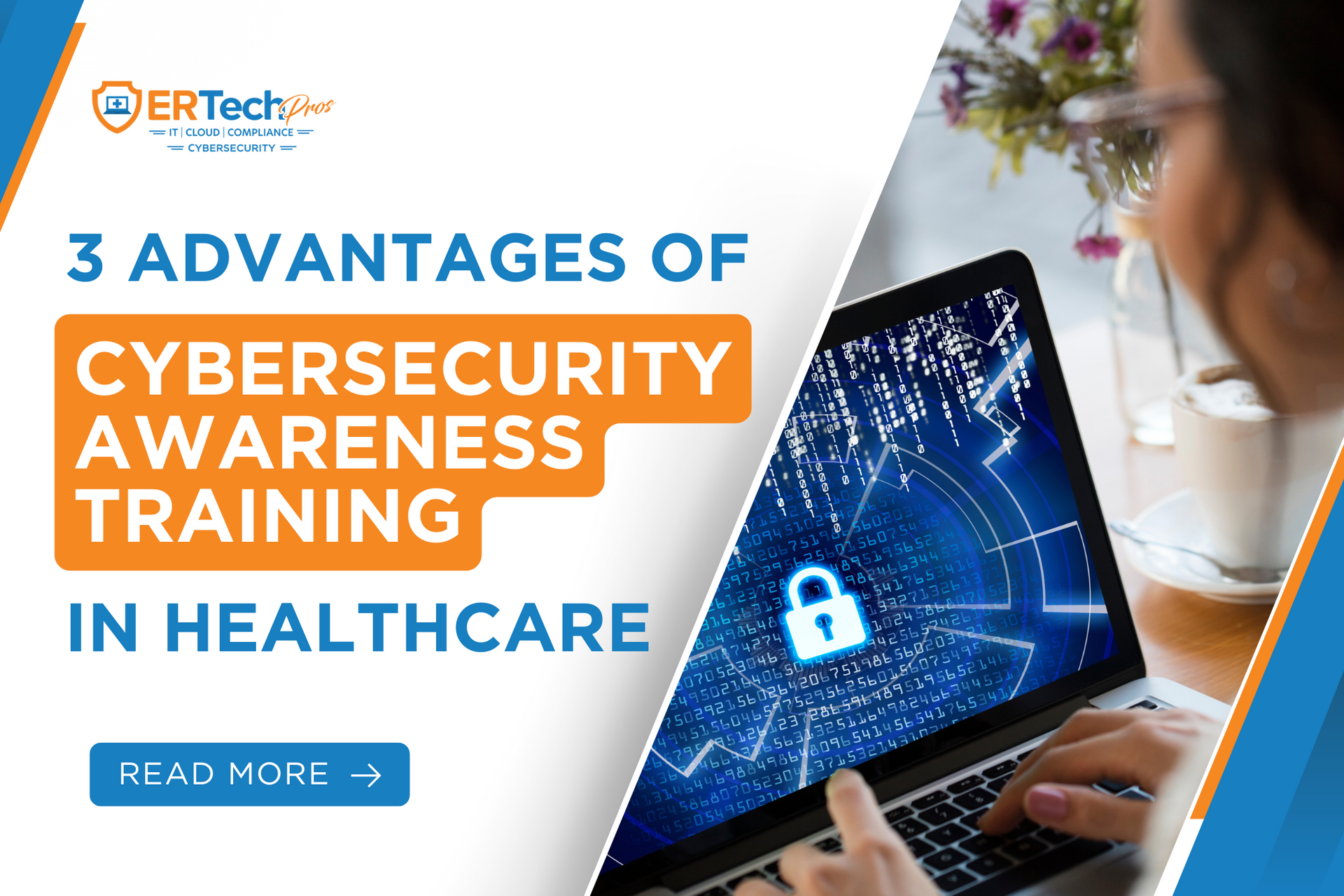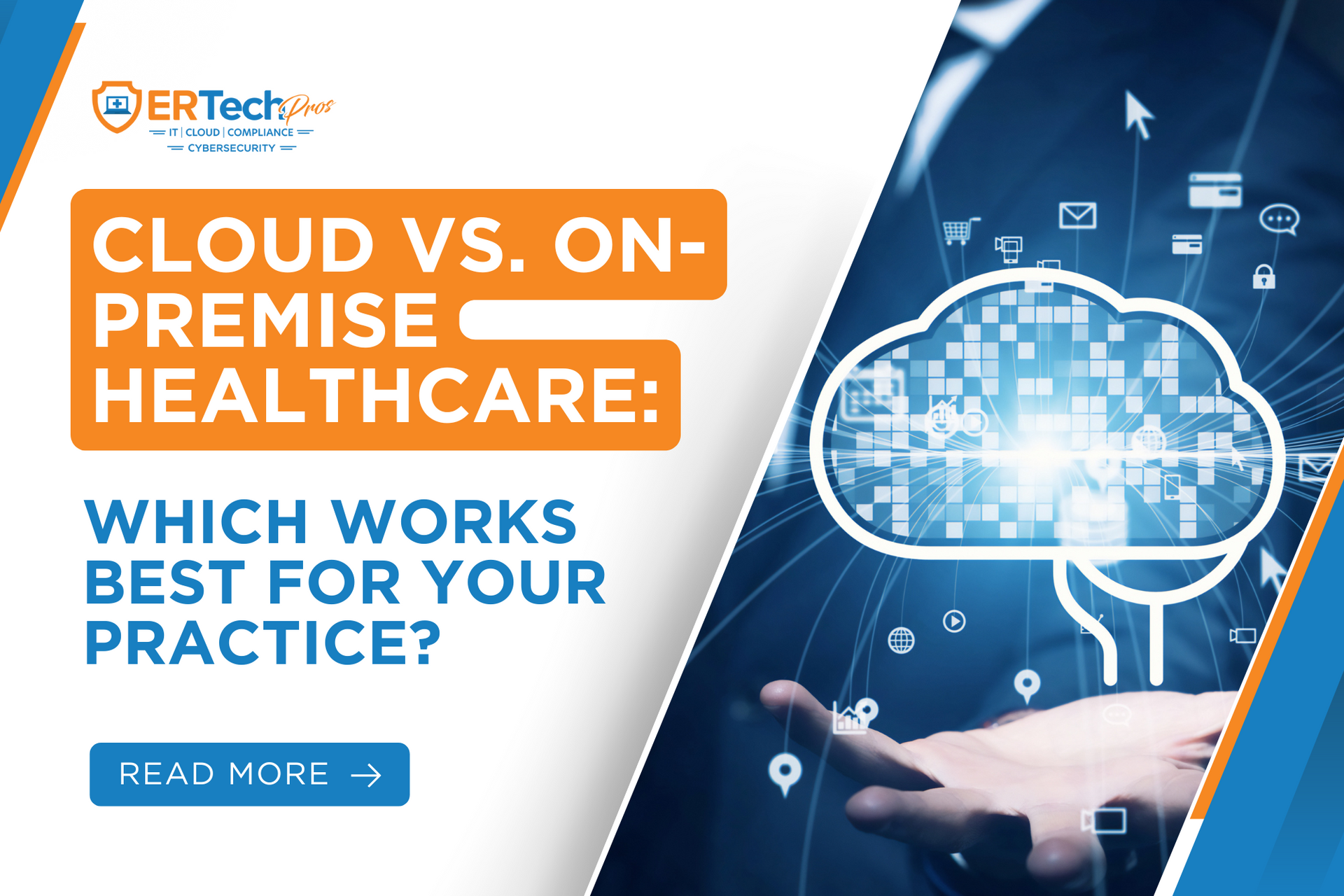The future is cloud. The advancement of cloud technology has completely transformed how businesses operate, communicate, and store data.
According to the most recent
Google Cloud Brand Pulse Survey, global technology leaders are planning to increase their investment in cloud-based services and products (41.4%), migrate from legacy enterprise software to cloud-based tools (33.4%), and migrate on-premises workloads to the cloud (32.8%).
From small healthcare clinics to large enterprises, forward-thinking organizations are letting go of on-premise systems and investing in more scalable, cost-efficient, convenient, and secure cloud environments.
And because companies continue to shift to the cloud, understanding how you keep your data safe in this new environment is critical. However, cloud security can be challenging.
What is Cloud Security? And Why is It So Important?
Cybersecurity company
CrowdStrike defines cloud security as a collection of technologies, policies, services, and security controls that protect an organization’s sensitive data, applications, and environments in cloud systems.
Before the advent of cloud computing, organizations connected to their networks and protected their data within the four walls of their offices. But as our companies continue to transition into fully digital workspaces, businesses now require a completely different approach to security.
Here are a few factors that make cloud security challenging:
- Data Access.
Cloud services typically involve storing and accessing data remotely, which can potentially introduce vulnerabilities during transmission and storage. Ensuring secure access to data is crucial.
- Complex Environments. Cloud environments involve various services, configurations, and access controls. Managing cybersecurity across multiple platforms, applications, and user permissions requires
specialized knowledge and expertise.
- Evolving Threat Landscape. Cyber threats are constantly changing, and the mass migration to cloud-based tools is enticing malicious actors all over the world. The
IBM Security X-Force Cloud Threat Landscape Report shows that cybercriminals focus on attacking cloud targets.
According to a SecurityScorecard and Cyentia Institute
report, 98% of organizations have at least one third-party vendor that has had a breach in the last two years.
If your business uses cloud technology or is considering migrating to the cloud, having the right security tools and protocols in place is vital.
Cloud hosting providers almost always have some degree of security, but that doesn’t mean they’re impenetrable. You must ensure your cloud environment is correctly configured, carefully designed, and thoroughly secured to keep your data safe—especially if you handle sensitive information like medical records, proprietary code, and financial data.
Read More:
The Benefits of Managed Cloud Services in Healthcare
Cloud Security Best Practices You Need to Adopt
When it comes to cloud security, planning is critical. It involves staying current on cloud security trends, challenges, and threats. Here are five effective ways you can keep your cloud services protected:
Implement Multi-Factor Authentication
According to
IBM, there’s a thriving dark web market specifically for public cloud access. If you want to protect your data on the cloud, you need to increase the security of your login procedure. Multi-factor authentication (MFA) can do that for you.
Amazon Web Services defines MFA as a multi-step account login process that requires users to enter more information than just a password. By requiring a second form of authentication (like a fingerprint, password, security token, etc.), MFA can help prevent unauthorized account access if your system password gets compromised.
MFA provides an extra layer of security that’s difficult for attackers to get past, and according to
Microsoft, implementing it makes your accounts 99.9% less vulnerable to compromise.
Read More:
What is MFA and How Can It Protect Your Practice?
Properly Set User Permissions
Permission refers to the authorization users get that determines what resources they can access in a network and what type of access they have.
When it comes to your cloud systems, you must actively manage what kinds of information each user can access. Some of your team members may have high-level admin accounts with full access to your entire system. However, giving the same permissions to team members who don’t need them only increases the opportunity for cybercriminals to gain entry to your cloud services.
A cybersecurity concept you can adopt when setting user permissions is
the principle of least privilege, which promotes granting users the minimum required access they need to do their tasks.
Cybersecurity company
Heimdal explains it this way: In simple terms, the concept refers to users, machines, or systems not being able to access information or do actions unless they absolutely must to do their jobs or, respectively, perform their tasks.
By restricting access to sensitive information to only those needing it, you can protect your organization from internal and external threats.
Read More:
The Importance of Access Control Systems in Healthcare Organizations
Never Trust, Always Verify
Adopting the Zero Trust model is a modern approach to protecting one’s networks, including cloud systems.
According to information security analyst
Garrett Bekker, the Zero Trust model steps away from the notion that anyone inside a corporate network boundary is
trusted
and anyone outside it is
untrusted. Instead, it assumes that
all
users are hostile and must not be trusted.
The Zero Trust model requires you to
never trust
and
always verify anyone trying to access your cloud services, even when they’re already within your network. Akamai Technologies’ Chief Technology Officer
Charlie Gero recommends restricting access to IP addresses and machines until you know who the user is and whether or not they’re authorized.
Implementing Zero Trust in your organization has several layers and will require you to work closely with IT, cloud, and network engineers. If you’re unsure what to do and who to work with, partnering with a
tried-and-tested managed service provider is a smart and safe way to start.
Read More:
Trusting No One Can Be Your Best Cybersecurity Move
Back Up Your Data
Just because you store your data in the cloud doesn’t mean there’s no need to back it up. Like every other security strategy, your cloud security plan should always include storing your data backups offline.
The U.S. Cybersecurity and Infrastructure Security Agency (CISA) recommends using the 3-2-1 rule when backing up your data:
- 3 - Create one primary backup and two copies of your data.
- 2 - Save your backups to two different types of media.
- 1 - Keep at least one backup file offsite.
Having offline backups means you’ll still be able to access your data even when your cloud services are inaccessible. It also means that in the unfortunate event of a ransomware attack, you will still have access to your data and can at least keep your business running with the information you have.
Read More:
Is Your IT Team Helping You Prepare for Disaster Recovery?
Simplify Your Cloud Security Processes
Cloud services are designed for efficiency, convenience, flexibility, and security—they’re meant to make things easier for everyone in your organization. However, if your cloud tools, procedures, and policies are difficult to access, unintuitive, and overly complicated, your employees may not use them at all.
According to a
Dtex report, 95% of its risk assessments showed that employees engaged in activities that bypassed their organizations’ security and web-browsing restrictions. If your cloud security processes are too complex, your employees could ignore them, save essential data elsewhere, and increase the risk of a data breach.
To maximize cloud security and encourage your teams to work with them, use user-friendly tools, implement straightforward rules, and clearly communicate your security policies.
ER Tech Pros Helps Keep Your Cloud Security in Top Shape
Cloud security is not a luxury; it’s a necessity. If you want to future-proof your organization, adopting cloud technology just isn’t enough anymore—you also need to ensure your cloud security is as robust as possible.
Setting up cloud security isn’t easy, though. Your cloud service provider may already offer some, but if you’re unsure about the level of protection your company is getting, a thorough assessment by trusted
IT,
cloud, and
cybersecurity experts may be necessary to eliminate any risks.
ER Tech Pros is a managed IT and cybersecurity service provider specializing in ensuring the IT networks of growing organizations are in their most secure and optimal state.
Whether you’re thinking of shifting to the cloud and don’t know where to start, or you’re already on the cloud and think your cloud services aren’t as secure as they should be, our global team at ER Tech Pros can help! Get in touch today and learn how we can help keep your business protected.

















